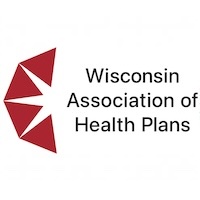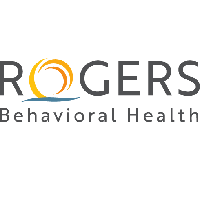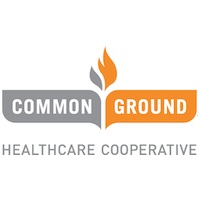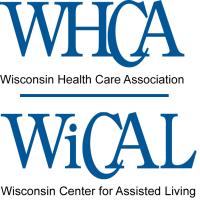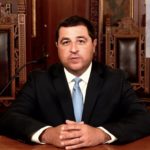
Senate poised to vote on COVID-19 bill
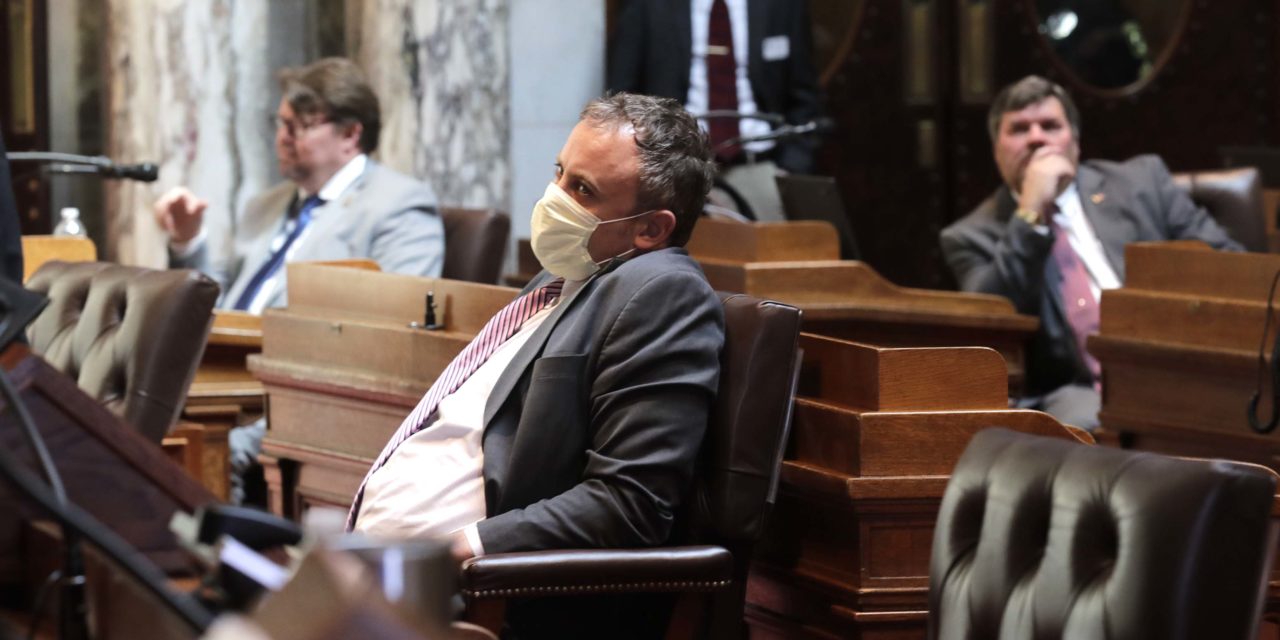
The Senate is poised to vote Wednesday on a bipartisan COVID-19 measure
that would qualify Wisconsin for at least $300 million in federal Medicaid money and temporarily lift a one-week waiting period for unemployment benefits.
The Assembly approved the bill 97-2 on Tuesday, with less than half of the body’s members physically distancing themselves in its chamber and the others calling in remotely from throughout the state.
The vote comes as the confirmed deaths in the state rose to 170, with 3,555 testing positive and 37,997 testing negative for the disease, according to data released by the Department of Health Services on Tuesday.
Assembly Speaker Robin Vos, R-Rochester, noted the bill would also allow local governments to defer property tax payments, ease regulatory burdens for healthcare providers, let pharmacists extend prescriptions, ensure COVID-19 testing isn’t subject to cost-sharing and bar discrimination against those with the illness when applying for jobs or health insurance.
The proposal is less than what Gov. Tony Evers requested. Vos said the state is getting more than $2 billion in federal aid. He warned about the pandemic’s impact on the state’s budget.
“We have to be just like a family, where the credit card use is limited, just like everybody is struggling with right now,” he said. “We’ve got to make really wise decisions.”
He noted that the bill also allows the Joint Finance Comhttps://wisconsinhealthnews.com/2019/11/21/evers-vetoes-cna-training-bill/mittee to make transfers up to $75 million to fulfill requests by the Evers’ administration for areas where federal money falls short.
Assembly Democratic Leader Gordon Hintz, D-Oshkosh, said that he hopes the Legislature will meet again to take more action.
“I don’t think one piece of legislation can begin addressing the magnitude of this current moment, but we need to act and we are acting,” Hintz said. “There are provisions in this bill that will help Wisconsin families in a substantial way.”
Hintz noted that his caucus disagrees with some of the changes, including a provision that would cut the number of minimum hours to become a certified nursing assistant. Evers previously vetoed similar legislation, and Assembly Democrats blocked a veto override of that measure.
Lawmakers approved on party lines what Vos called a technical amendment, which scaled back the bill’s original workers’ compensation protections from all medical and emergency professionals to those providing treatment for COVID-19 patients as well as police officers and firefighters.
Those seeking workers’ compensation for COVID-19 would have to be exposed to confirmed cases in the course of their job. The changes drew a rebuke from leaders of police and firefighter groups.
Jim Palmer, executive director of the Wisconsin Professional Police Association, tweeted, “THANKS FOR NOTHING,” saying the package provides “ZERO RELIEF to first responders and other critical workers risking their health during this pandemic.”
“Not much help for first responders,” tweeted
Mahlon Mitchell, president of the Professional Fire Fighters of Wisconsin. “Actually Zero.”
The amendment allows local governments to mutually agree to waive or reduce interest and penalties for late payment of taxes due to hardship, clarifies liability for healthcare providers during the crisis and mirrors Evers’ proposed language on letting out-of-state and retired providers practice in the state, Vos told lawmakers.
Additionally, the proposal sunsets provisions barring insurers from charging those who go out of network to get COVID-19 treatment more than they would in cost-sharing for in-network care. That provision would end 60 days after the end of Evers’ public health emergency declaration, which ends May 11.
Hintz said the modifications were broader than technical changes and represented “interest group politics” that should have been left out of the plan.
The two Milwaukee Democrats to vote against the full bill released a statement Tuesday saying it doesn’t go far enough. Rep. Marisabel Cabrera said the measure should have provided essential workers with proper personal protection equipment, paid sick time, hazard pay and healthcare coverage. It should have also provided all Wisconsinites with more economic security and full healthcare coverage for COVID-19 testing and treatment, she said.
“AB 1038 is a pig with lipstick, and it doesn’t deserve to win any beauty contests,” Rep. Jonathan Brostoff said.
Republicans tabled three amendments proposed by Democrats. Vos said that the amendments spent almost $100 million of state resources, which “wasn’t necessary.”
He said Evers’ administration can submit requests to the Joint Finance Committee for some of the initiatives.
The amendments would have:
- Modified how long temporary changes made by the bill can last. The legislation specifically cites the public health emergency declaration Evers made in his March 12 executive order. Democrats sought to change that to “a public health emergency declared by the governor in response to COVID-19 coronavirus and any extension granted by the Legislature by joint resolution.”
- Provided money to the state’s tourism department and the University of Wisconsin System. The amendment also directed the creation of grants and low-interest rates for small businesses as well as grant programs for child care providers. And it would have barred health plans from charging any copayment or coinsurance for testing and treatment of COVID-19 as well as for any vaccine developed to prevent the disease.
- Converted this year’s elections to voting by mail, rather than in-person. The proposal would have created a public awareness campaign, expand electronic registrations and suspended a requirement that voters present photo ID.
Wisconsin Health News is removing the password on all stories related to the coronavirus. For the latest developments follow us on Twitter at @wihealthnews or check out our website. For complete healthcare coverage, sign up for a free trial to our daily email newsletter.

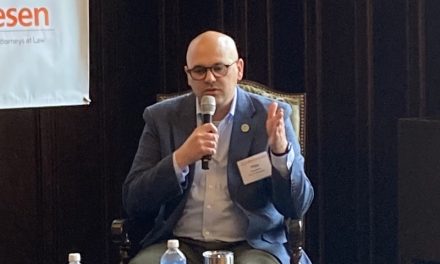
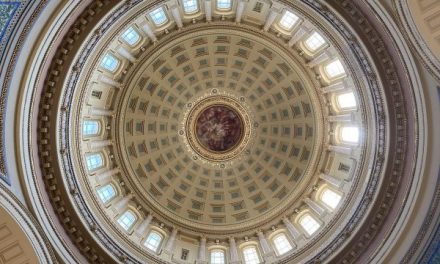





.jpg?bwg=1612548324)






